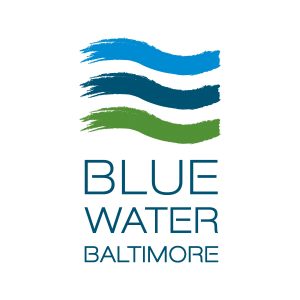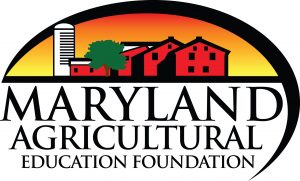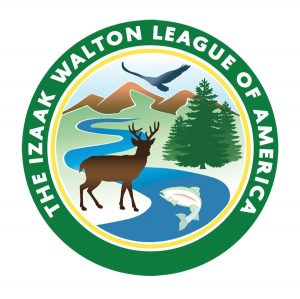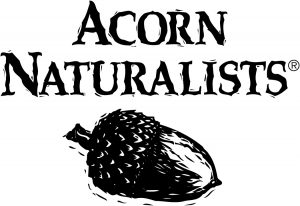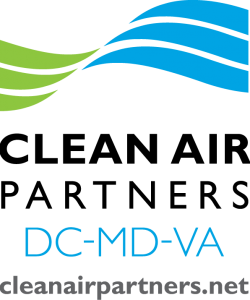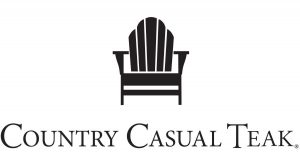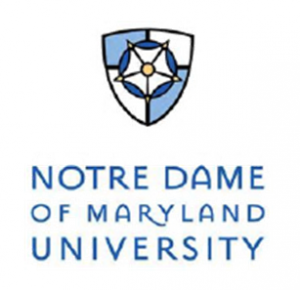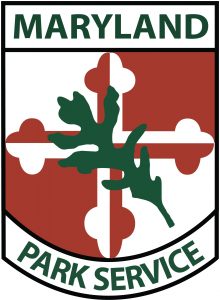National Wildlife Federation
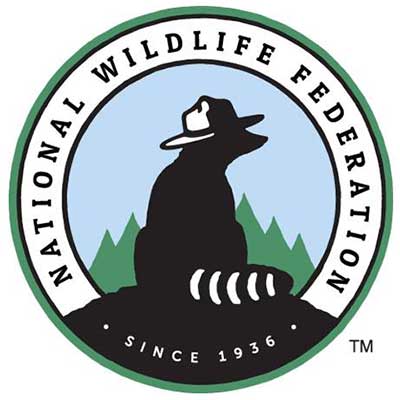
EcoSchools, USA
MAEOE and Eco-Schools USA partnership
About NWF & Eco-Schools USA
The National Wildlife Federation (NWF) is a leader in conservation and environmental education among America’s major conservation groups. We have school greening programs in over 12,000 Pre-K-12 schools. We also work with 500 higher education campuses through our Campus Ecology program. NWF is a leader, via the Ranger Rick brand, in wholesome children’s education publishing. NWF is on a campaign to provide 25 million youth with regular time outdoors learning and playing in nature through partnerships with schools, public agencies and local and regional park departments.
NWF’s Eco‐Schools USA framework is a nationwide initiative that engages Pre K‐12 school students, faculty, administrators and community volunteers in a comprehensive, environment‐based program to improve student environmental literacy and skills. The schools themselves become greener and cleaner and students learn more science and technology. The NWF Eco‐Schools USA website is designed to be self‐guiding and to make participation in the program easy for educators. The site offers a rich array of environment‐based curricula, educational content, and best practices from decades of working with schools and educators. Most of these resources are available at no cost to schools and Eco‐Schools USA, itself, is a free program. In the United States, the program now serves nearly 5,000 schools, 2.6 million students, and 110,000 educators. The larger global network consists of over 51,000 schools in 62 countries.
About the Maryland Green Schools & Eco-Schools Partnership
The Maryland Association for Environmental and Outdoor Education (MAEOE) and the National Wildlife Federation (NWF) work together to increase the number of sustainable schools in Maryland through our respective programs, Maryland Green Schools and Eco-Schools USA. Recognizing the similarities as well as unique benefits of both programs, MAEOE and NWF have entered into a formal partnership to encourage schools to go through both awards processes.
This partnership allows Maryland Green Schools to fast track the Eco-Schools application process and lessen the documentation requirements. After receiving their official designation, Green Schools should contact NWF’s Mid-Atlantic Regional Education Manager, Holly Shields, to schedule a site visit and determine award eligibility. If they have met the Eco-Schools Energy Pathway requirements, typically by completing Section 2.2. Energy Conservation in the Maryland Green Schools application, they will receive the highest-level Eco-Schools award, the Green Flag. Schools may also be eligible for an Eco-Schools Silver Award if they haven’t sufficiently addressed Energy Conservation.
As schools embark on the Green School application process, some schools may find it easier to begin by targeting the Eco-Schools Bronze or Silver award. These certifications recognize schools that focus on one or two green practices (i.e. waste reduction and water conservation). The Eco-Schools USA website provides a 7-step framework and numerous resources to guide schools through one or more of 12 possible pathways. Over time, these schools can aim for the Eco-Schools Green Flag and the Green School award.
Benefits of Co-certification
- Triple the recognition: State – National – International
- Expanded resources, webinars and workshops for schools
- Ability to collaborate with schools in other states and internationally
- Additional opportunities for funding of individual school projects
- Increased coverage in environmental news and social media for the school
- Access to NWF educational programs
- Build network with MAEOE Green Centers and Green Leaders
- Work done under the MDGS & Eco-School USA programs helps schools meet the U.S. Green Ribbon Schools requirements
Click here to learn more about Eco-Schools USA.
Baltimore Schoolyard Habitat Program
The National Wildlife Federation (NWF) and the Maryland Association for Environmental and Outdoor Education (MAEOE) are collaborating to provide a series of professional development opportunities for teachers and facilities personnel on how schoolyard habitat projects support school landscapes and student learning. In partnership with Blue Water Baltimore (BWB) and a number of other partners, the Baltimore Schoolyard Habitat Program will create 10 pollinator gardens throughout the Gwynns Falls watershed in the Western part of Baltimore City. The anchor school, Green Street Academy, will also serve as demonstration site for large-scale green stormwater infrastructure on school grounds.
Teachers and facilities staff from 10 schools will receive training on designing, installing, and maintaining pollinator gardens. This program will offer elementary, middle, and high school teachers the resources, knowledge, and experience necessary to incorporate pollinator gardens into the existing curriculum based on Next Generation Science Standards. The workshops cover steps and activities to guide students along the environmental education continuum from awareness to action with the ultimate goal of increased environmental stewardship.
This program kicked off in spring 2017 and will continue through summer 2018 with support from the National Fish and Wildlife Foundation (NFWF), the U.S. Environmental Protection Agency (US EPA), and other funders.
Stormwater on School Grounds Project
This project is a partnership between the National Wildlife Federation (NWF) and the Maryland Association for Environmental and Outdoor Education (MAEOE) with support from the U.S. Environmental Protection Agency (US EPA) and the Chesapeake Bay Trust (CBT). The partners are developing online resources and accompanying video content to support the implementation of stormwater best management practices (BMPs) on school grounds in the Chesapeake Bay watershed that improve water quality, meet local community needs, and allow for Meaningful Watershed Educational Experiences (MWEEs). These case studies are part of MAEOE's School Grounds for Learning project, which enables schools to use their campuses as an extension of the classroom.
The online resources and training provided by this project support the design and maintenance of school grounds to enhance and sustain environmental projects that improve both student learning and healthy ecosystems. Teachers, administrators and school facilities personnel will use these resources to effectively plan, utilize, and sustain a vast variety of environmental projects on school grounds.


